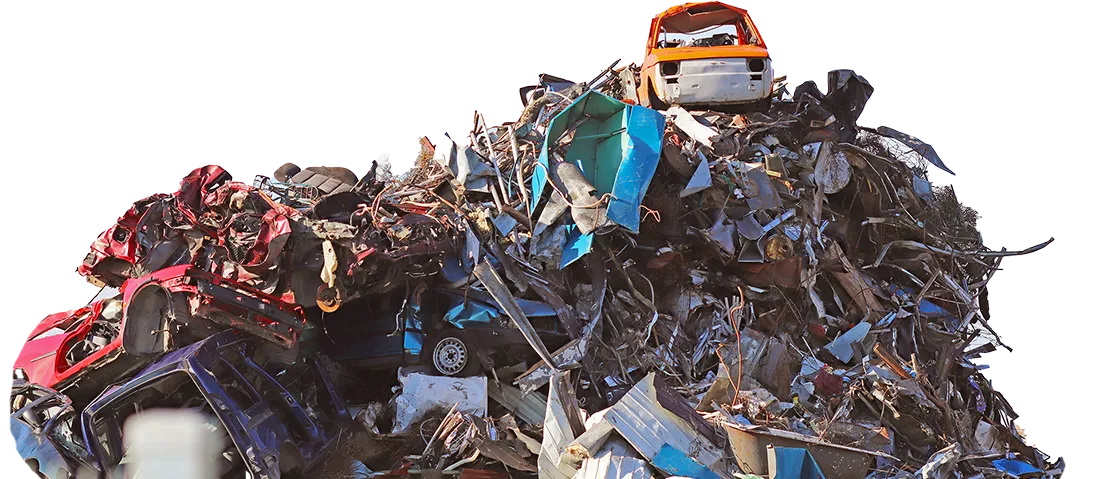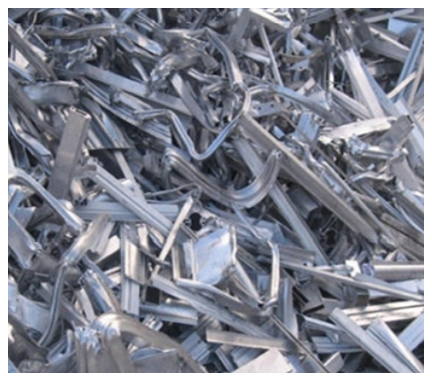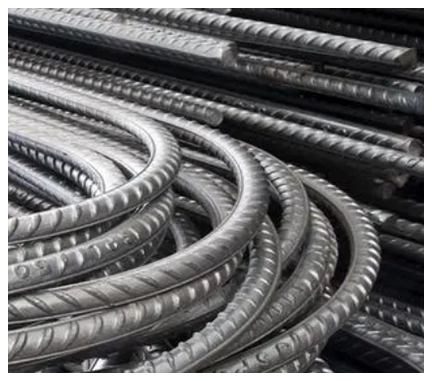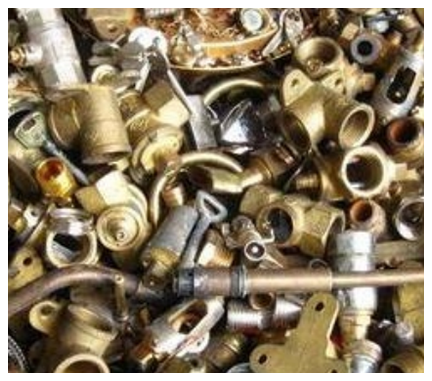
- +603 - 4288 9944
- contact@jeyramgroups.com


SD RICH Scrap Business
Providing raw material, in the form of
scrap, to recycling industries across the globe

SD RICH SCRAP METAL was established itself 2013 as a licensed waste management, restructuring and recycling solution for a varieties of waste, currently serving many levels of customer’s ranging from local tradesman up to cooperate companies. We have much progressed over the years and we’re continuing to move forward in managing plastics, steel, aluminums, precious metals and paper waste goes through the right channel of recycling and to reduce non- bio degradable waste in our land fields. Our priority is to channel these waste in the right process by complying with 3R’s concept so that we could Recycle, Reduce and Reuse these harmful waste if left unprocessed.
“Go green go clean”
Since the inception of SD RICH we have made a commitment to maintain, uplift and build a long term with our entire customer base. We welcome new opportunities to create new partners in this industry
We regard recycling as an opportunity to introduce a cheaper and more efficient way to reduce landfills disposal and to promote an impressive responsibility amongst us.
Core Business
SD RICH covers a wide range of recycling service encompassing areas of materials recycling and resources recovery.
We cater to the individual waste management for household, commercial businesses and all sizes of industrial customers. Our services include collecting, transporting, sorting, shredding and disposing waste in the best manner where these materials are utilized to the maximum.
To complement the services we provide skilled and semi-skilled workers to ensure that the waste management requirements are fully met. With our experiences and skilled workers we try to meets the demands and needs of our partners and customers.
Our Philosophy
SD RICH and its counter partners are committed to become a market leader by the adoption and implementation of the 6S principles. These principles are simple and describe how we approach our work.
Other higher officials are also actively involved in the daily operation of the company and assised by a team of experience senior management staff and credit recovery officers with full time basis.
SEIRI SORT/SISIH
Sorting
SD RICH adopted the first step in the 6s which aims to reduce clutter and make it easier for essential work items to be easily located for improve defficiency. “Red tagging” is often done to mark unnecessary items for immediate disposal, while “yellow tagging” can be applied for those items that can betemporarily kept off-site for future use.
SEITO STRAIGHTEN/SUSUN
Orderliness
By removing unnecessary items from the work place we are able to work in in orderly fashion and in an orderly manner reduces unnecessary processes, errors and time. A straight flow of process will ensure better output with lesser errors.
SEISO SHINE/SAPU
Cleanliness
A clean and tide work environment ensured better work comfort. clean tools, machines and equipment’s ensure safety, efficiency and better quality of work.
SEIKETSU STANDARDIZE/ SERAGAM
Standard
At SD RICH we believe in standardizing our work so that every one is aware of their responsibilities and duties. This help avoid mistakes and mishaps among our employees. Doing it right the first time is made easier with this concept.
SHITSUKE SUSTAIN/SENTIASA AMAL
Sustain
This is the most challenging step for SD RICH out of the 6S method as the goal is to ensure that standardized procedures are applied continually over a long period of time until it becomes second nature in day-to-day work.
SAFETY SAFETY/ SELAMAT
Safety
Lastly, SD RICH added safety as the final step to complete the 5S standard methodology many have been used to. This essential step 6 focuses on identifying hazards and setting preventive controls to keep workers safety during work operations, and ensure that the work environment meet required safety standards.
GOING CLEAN GLOBAL
We’re proud to say that
we've been setting the standard
for world-class CLEAN
Globalization can be described as a process by which the people of the world are unified into a single society and functioning together. This process is a combination of economic, technological, sociocultural and environmental as well as political forces.
Globalization, as a term, is very often used to refer to economic globalization that is integration of national economies into the international economy through trade, foreign direct investment, capital flows, migration, and spread of technology. A Joint Venture (JV) is an entity formed between two or more parties to undertake economic activity together. The parties agree to create a new entity by both contributing equity, and they then share in the revenues, expenses, and control of the enterprise. Joint venture may be a corporation, limited liability company, partnership or other legal structure, depending on a number of considerations such as tax and tort liability. At SD RICH we do take into consideration on JV’s to broaden our scope in this field and also to share and exchange knowledge and skills which we can learn through working with others.
E-WASTE
E-waste is referred to electrical and electronic waste such as computers, laptops, mobile phones and Television. These items can often be refurbished, repaired or recycled, they are usually discarded instead. Not only does e-waste contain valuable and scarce materials such as silver and gold, there are also small amounts of harmful substances such as cadmium and lead that could potentially harm our environment and health if not handled properly
When e-waste is disposed of and incinerated, it results in the loss of resources as well as carbon emissions that contribute to global warming and climate change. E-waste also contains small amounts of heavy metals that can be hazardous to the environment and health. Hence, recycling our e-waste reduces the amount of heavy metals in our incineration ash.
If waste is not recycled, it can negatively impact our environment in many ways. Waste can emit greenhouse gases that contribute to global warming and, therefore, climate change. Non-recycled waste can contribute to air pollution, water pollution, and put animal lives and human lives at risk. Alternatively, if we recycle, we can significantly reduce the amount of pollution our waste creates
Recycling also means using materials that have already been used, rather than creating new raw materials. Since raw materials often come from our most important forests, like rainforests for example, recycling can cut back on the need for raw materials. Raw materials could also include natural resources like timber, water, and minerals. When we cut back on new materials, we can preserve natural habitats, forests, rainforests, and give the Earth a chance to grow and heal
A Variety Of Items
Be recycled as listed below
Plastic
Acritical stage in recycling plastic is shredding or grinding plastic into smaller flakes. The washed and sorted plastic is sent through shredding machines where it is ground into smaller pieces of plastic. Further sorting may take place to a pure stream of material is produced.
- PT BIASA /PT
- PTPVC /PTPVC
- ABM
- PTABS ( BERSIH )
- PTABS ( TIDAK BERSIH ) X
- PTABS ( COVER MOTOR )

Copper
Production of industrial machinery and transportation vehicles . Copper wiring and plumbing and cooling systems . Telecommunications links used in homes and businesses . Essential component in motors, wiring, radiators, connectors, brakes , and bearings used in cars and trucks.
- CYA
- CYC
- CHW
- CTW
- CYRT
- CHW BIASAN ( GULUNG )
- CHW MEGA 1.5
- CHW MEGA 2.5
- (GULUNG ) BIASA

Carton & Paper
The process of waste paper recycling mast often involves mixing used/old paper with water and chemicals to break it down .It is then chopped up and heated, which breaks it down further into strands of cellulose , a type of organic plant material ; this resulting mixture is called pulp, or slurry.
- KERTAS
- KSK
- K.CAMPUR
- KHP
- KOTAK

Aluminum
Aluminum cans are shredded, removing any coloured coating.
They are then melted in a huge furnace .
The molten metal is poured into ingot casts to set . Each ingot can be made into around 1.5 million cans .
- AT
- AB
- AE
- AG ( ANGLE )
- A / PRINTING
- AW
- AKAI
- AKM
- ATC
- A / SPORT RING
- AIRCOND MOTOR

Iron
The process of recycling metal is relatively simple, facilitated by companies such Recycling , who aid collection, sorting and transport. Waste metal is either tipped at a recycling center or collected from customers and brought to a Waste transfer Station to be sorted and separated from other waste .
- BESI
- BAA
- BB
- BLS
- BMAC / BMOTOR

Brass & Steel
- LAIN - LAIN
- STEEL / ST
- BATERI / BT
- SOSAI / S
- TIMAH / T
- CD
- IC BOX
- MOTHERBOARD
- TV KOIL

